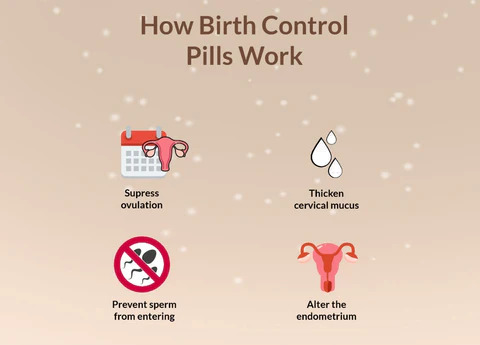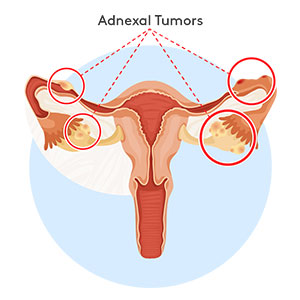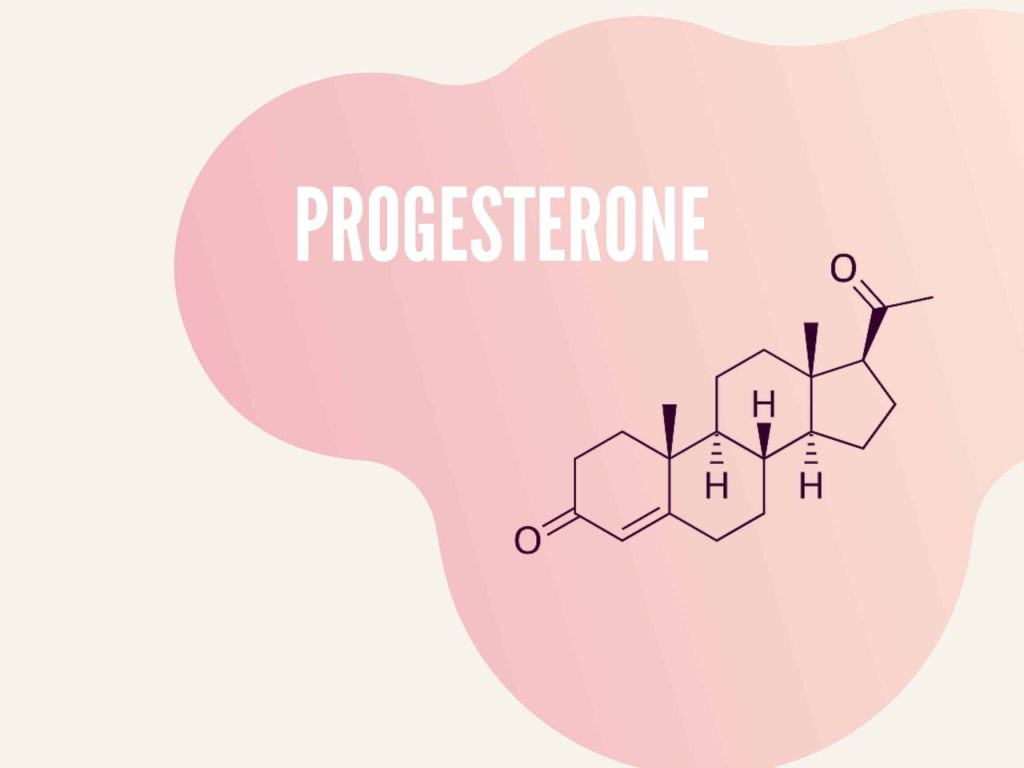Remedies to overcome side effects of contraceptive pills.
Contraceptive(Birth control) pills
When taken consistently each day, Contraceptive tablets are one method of birth control that is 99% effective at preventing pregnancy. The pill has hormones that control menstruation, reduce the risk of ovarian and uterine cancer, cure endometriosis, and improve acne.
How does the birth control pill work?

Birth control pill hormones inhibit pregnancy by:
- ovulation suppression or reduction the release of an egg from an ovary.
- cervical mucus is thickened to prevent sperm from reaching the uterus.
- reducing the likelihood that a fertilised egg will attach through thinned uterine lining.
Side effects to taking Contraceptive pill
Starting the pill can cause adverse drug reactions in some women. After a couple of months, these adverse effects frequently get better. In case you suffer any side effects, let your healthcare practitioner know. Changing to a different brand that doesn’t cause issues can be an option for you. However, especially when beginning a new pill regimen, merely waiting out the symptoms for a few cycles frequently helps relieve many of the symptoms. Possible negative effects include:
- breast soreness or tenderness.
- Headaches.
- Easily irritated or depressed.
- Nausea.
- In between periods spotting (abnormal menstruation).
- acne
- bleeding or spotting between periods
- bloating
- blood pressure above your usual range
- depression
- fatigue
- feeling dizzy
- fluid retention
- headache
- increased appetite
- insomnia
- melasma (dark patches on the face)
- mood swings
- vomiting
- weight gain
Remedies to overcome side effects.
The tablet depletes nutrition, increases inflammation, can result in thyroid and adrenal dysfunction, causes insulin dysregulation, and alters gut health, in addition to raising worries about stroke, clots, and heart attacks.
But if you’re not ready to stop taking the pill, don’t freak out. The following techniques will help you support your body and reduce adverse effects:
Maintain a hormone balance.
There are many other hormones, such as thyroid, insulin, and cortisol, that need your assistance while the pill is suppressing your natural sex hormones. The severity of the pill’s negative effects can be greatly influenced by what you consume. Estrogen and other hormones can become out of balance with diets high in sugar, refined carbs, alcohol, nonorganic meat, and conventional dairy products.
These abnormalities are further exacerbated by stress, toxins in the environment, and chemicals that affect hormones. Cut back on these problematic foods. To balance your hormones and lessen the side effects that birth control can cause, increase your intake of vegetables, healthy fats, and fibre. To supplement nutrients and support your body while taking pills, think about adding seed cycling to your routine.
Reduce inflammation
According to studies, those who use oral contraceptives have higher levels of the inflammatory marker C-reactive protein (CRP), which can increase the risk of heart disease, than people who don’t take the pill. Your mood will be lifted, cramps will go away, and you’ll feel less tired and back discomfort. Consume a diet high in anti-inflammatory fats that regulate hormones, such as omega-3 fatty acids, which can be found in foods like wild-caught fish and flaxseeds. Consider using curcumin and fish oil as anti-inflammatory foods, and sprinkle turmeric anywhere you can.
Organize your stress.
According to studies, women on the pill have dysregulated HPA-axis (hypothalamic-pituitary-adrenal axis), which results in excessive cortisol secretion. The importance of managing your stress increases while you’re taking medication. Whichever method works best for you should be used. There are many powerful ways to take care of yourself and de-stress, including meditation (even five minutes may be transformative), prayer, mindfulness, finding your happy place, getting pampered with a massage, acupuncture, reiki, and a mani-pedi. Try to have an orgasm at least once a week.
Employ supplements.
Birth control drastically reduces nutritional levels. The pill depletes several important minerals, including folate, vitamins B2, B6, and B12, vitamins C and E, as well as magnesium, selenium, and zinc. I advise taking more magnesium, omega-3 fatty acids, and a good multivitamin-mineral. I also advise taking a decent probiotic supplement and extra vitamin D if a blood test reveals you are deficient.
Rest well at night.
You can say goodbye to fantastic emotions and hormonal balance if you don’t get at least seven hours of sleep every night. Key hormones that control the menstrual cycle can fluctuate as a result of poor sleep hygiene, insomnia, and sleep loss. To restore your body, replenish your adrenals, thyroid, and hormones, and feel like an idol, you must get enough restorative sleep.
Pay attention to your liver.
Hormones that your body no longer requires, including synthetic hormones from the pill, are eliminated by your liver. Your liver continues to actively detoxify these hormones while you are taking the pill, but it suffers from nutrient inadequacies brought on by the pill’s interference with your body’s natural detoxification processes as well as the tablet’s direct effects on your liver. In order to restore your hormonal health, supporting the liver is a crucial first step. The two favourite methods for doing it are: Consider eating 3 to 6 cups of organic vegetables each day, along with at least 25 grammes of fibre.
Listen to your inner instinct.
Birth control pills alter the natural flora, creating an environment where dangerous bacteria and yeast can proliferate out of control. Additionally, the pill may cause digestive tract inflammation, which may lead to immunological dysregulation and an elevated risk of autoimmune illness. Leaky gut, also known as intestinal hyperpermeability, is similarly influenced by inflammation. Including foods like bone broth and vitamins like L-glutamine and omega-3 fatty acids in your diet will help your gut stay healthy.
REFERENCES:
- https://www.healthline.com/health/birth-control-side-effects
- https://my.clevelandclinic.org/health/drugs/3977-birth-control-the-pill
- https://www.mindbodygreen.com/articles/how-to-naturally-reduce-side-effects-of-birth-control-pill
For more details, kindly visit below.

